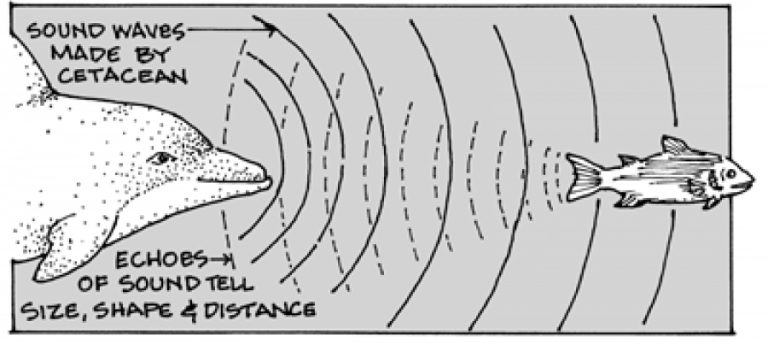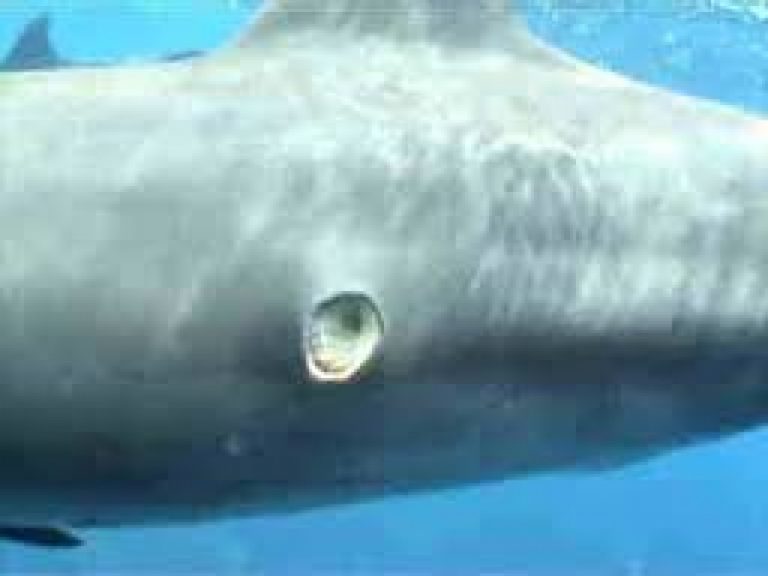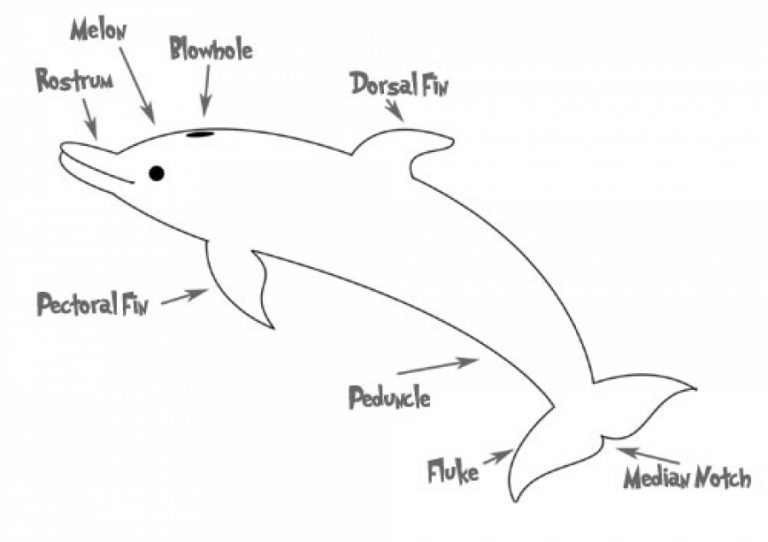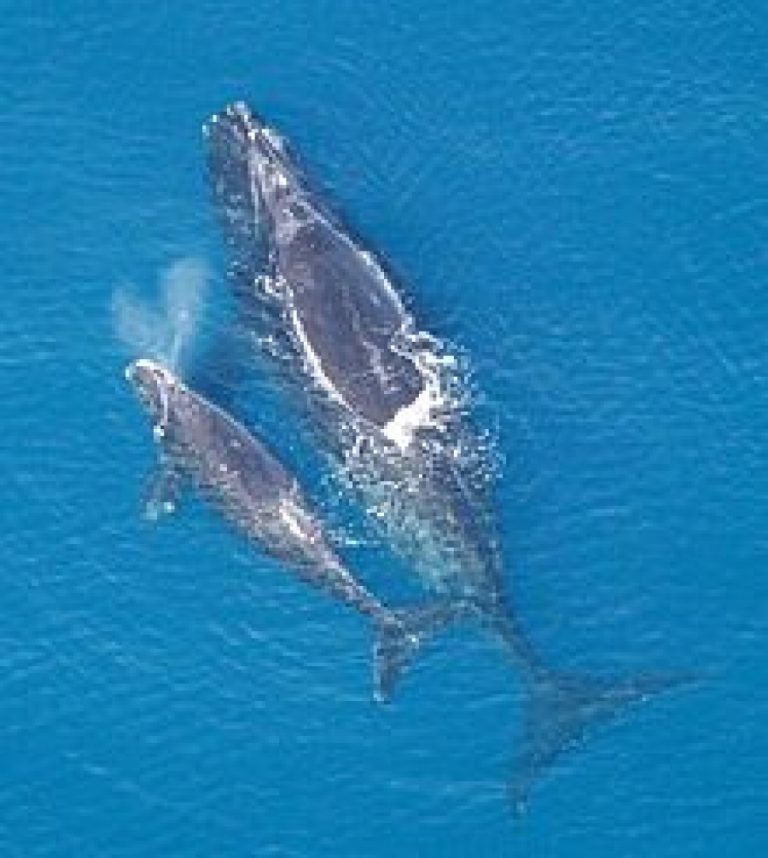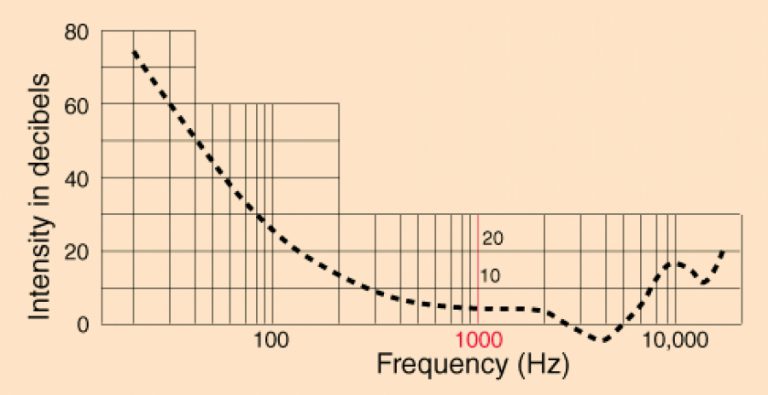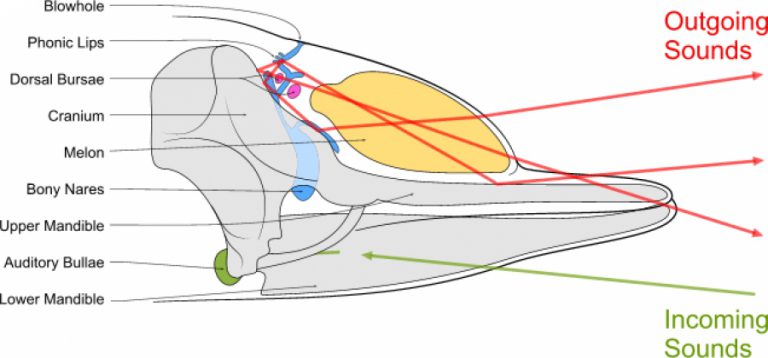Join hosts Dr. Justin Gregg and Laura Teasdale as they talk with scientists and experts about everyone’s favorite marine mammal: the dolphin. With a sprinkling of comedy to season the science, The Dolphin Pod is an enlightening and entertaining deep dive into the world of dolphin science. The Dolphin Pod is family-friendly, teen-approved podcast fun! After a 10 year hiatus (so Justin could be a stay-at-home dad), The Dolphin Pod returned with new episodes in 2019. If you love The Dolphin Pod, please consider becoming a DCP member, making a donation to DCP, or contacting us to sponsor an episode. A big thank you to those who supported our 2018/2019 fundraising campaign and to the Holly Jolly Foundation for their support of 2022/2023 episodes.
Dolphin research at the Roatan Institute of Marine Sciences
This special video podcast, created in 2003, highlights the research being conducted by the Dolphin Communication Project (DCP) with the bottlenose dolphins at the Roatan Institute of Marine Sciences (RIMS). DCP collaborates with RIMS to conduct behavioral and sound observations on 17 bottlenose dolphins, ranging in age from a few months to ~30 years old, residing at Anthony’s Key Resort.
How does echolocation work?
{mp3}TheDolphinPod-2006-10-10-30819{/mp3}
As you may be aware, dolphins are able to use a special kind of sonar called echolocation or biosonar. In fact, all toothed cetaceans, that is - all of the whales, dolphins and porpoises that have teeth - are able to echolocate. Echolocation is the primary sense for most of these species; more important even than vision. And, if you think about it, that makes a lot of sense. You don't have to dive very deep in the ocean until light levels all but disappear.
How to identify individual dolphins
{mp3}TheDolphinPod-2006-10-03-46465{/mp3}
For scientists studying wild dolphin populations, being able to identify individual dolphins is a vital component of their research. In this week’s episode, learn how scientists are able to tell one dolphin from another.
Have you ever had that feeling where you are talking to someone at a party and you are sure that you have met them before but you just can’t seem to place them? Did you meet them at your cousin’s wedding last summer maybe? Did they go to elementary school with you perhaps? This can be frustrating.
Know a dolphin’s body parts
{mp3}TheDolphinPod-2006-09-25-46453{/mp3}
Here is a news flash: dolphins do not have arms or legs! OK, OK, so that is hardly news. Surely everyone knows that dolphins have flippers instead of arms. Or, is it flippers instead of legs? Or, are they called fins? Fins, flippers… uh oh, what exactly are all those special dolphin appendages called?
This sounds like a job for "Dolphin Anatomy Terminology Man".
Dolphin breathing – it’s the thought that counts
{mp3}TheDolphinPod-2006-09-20-54132{/mp3}
In the dolphin brain, breathing is controlled consciously – that means that a dolphin has to think about every breath it wants to take before it takes it. Learn how dolphins sleep, and still manage to control their breathing.
Your breathing is controlled by parts of your brain called the medulla oblongata and the pons - they are located deep in your brain-stem down at the base of your brain. These little guys are in control of a lot of very important things that you do, including keeping your heart beating.
Newsflash: Japanese Dolphin Drive Hunts Day of Protest
{mp3}TheDolphinPod-2006-09-20-54884{/mp3}
Today, September 20th 2006, marks an international day of protest initiated by a consortium of scientists against the annual Japanese dolphin drive hunts. The goals of the campaign are to raise public awareness of the dolphin drive hunts, and to boost measurable support through the group’s website petition which currently includes over 22,000 signatures, including many noted marine mammal scientists.
Herman’s Dolphin Prodigies
{mp3}TheDolphinPod-2006-09-12-29930{/mp3}
Last week, we produced a podcast titled ‘the dim dolphin controversy’. You may recall from this episode that many scientists referred to the work of Dr. Louis Herman’s research lab when citing examples of intelligent dolphin behavior. In this week’s episode, we will learn what Dr. Herman’s research has taught us about dolphin behavior and why these studies are considered by many to be proof positive that dolphins are smarter than the average goldfish. In fact, even smarter than the above-average goldfish.
Last week, we produced a podcast titled 'the dim dolphin controversy'.
Is that a dolphin or a whale
{mp3}TheDolphinPod-2006-08-29-28345{/mp3}
This week’s episode features a discussion of the terms whale, dolphin, and porpoise.
So high it Hertz
{mp3}TheDolphinPod-2006-08-22-28227{/mp3}
Just how well can dolphins hear?
Stunning New Research
{mp3}TheDolphinPod-2006-08-15-43852{/mp3}
A special research news update – the hypothesis that dolphins can use loud bangs or deafening click sounds to debilitate, stun or even kill their prey has been kicking around the scientific world since the 1980s. Learn how new research reveals that this Killer Dolphin Sonar hypothesis is not all that it’s cracked up to be.
Can dolphins kill or stun prey with loud sounds? It certainly seems that way if you believe following headlines: Dolphins' killer sonar confirmed from ABC Science Online February 2001. Killer clicks from New Scientist 1 January 2001.


